Dates
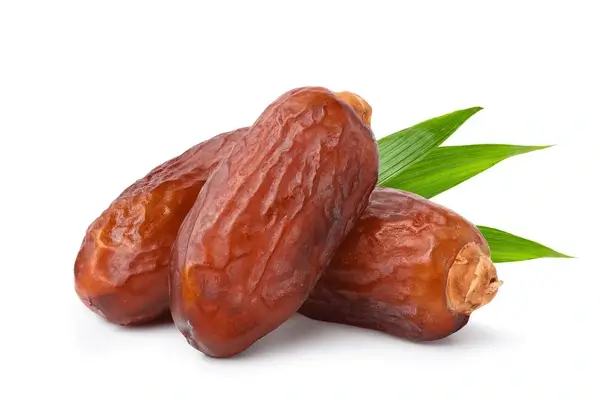
Dates are the chewy, caramel-sweet fruits of the date palm, a tree that has been cultivated for thousands of years in arid regions like the Middle East and North Africa. Today, dates are grown in many warm climates around the world, from California to Egypt. These fruits develop in bunches high up on the palm, slowly ripening from golden yellow to a deep brown as they lose moisture and become sticky and wrinkled.
While they may look dry on the outside, ripe dates are naturally soft, dense, and slightly glossy, with a rich, honeyed flavor. Inside each one lies a firm pit, which is often removed before packaging. Depending on the variety, dates can be enjoyed fresh and plump or dried and intensely sweet. The dried versions, in particular, are popular year-round for snacking, baking, or blending into energy bites.
But dates aren’t the only fruit with that deep brown color, wrinkled skin, and gooey texture. In fact, several other dried fruits look surprisingly similar — enough to confuse even a seasoned shopper. If you’ve ever mistaken one for a date or wondered what you’re really biting into, here’s a list of fruits that could easily pass as dates at first glance.
1. Jujube (Red Date or Chinese Date)
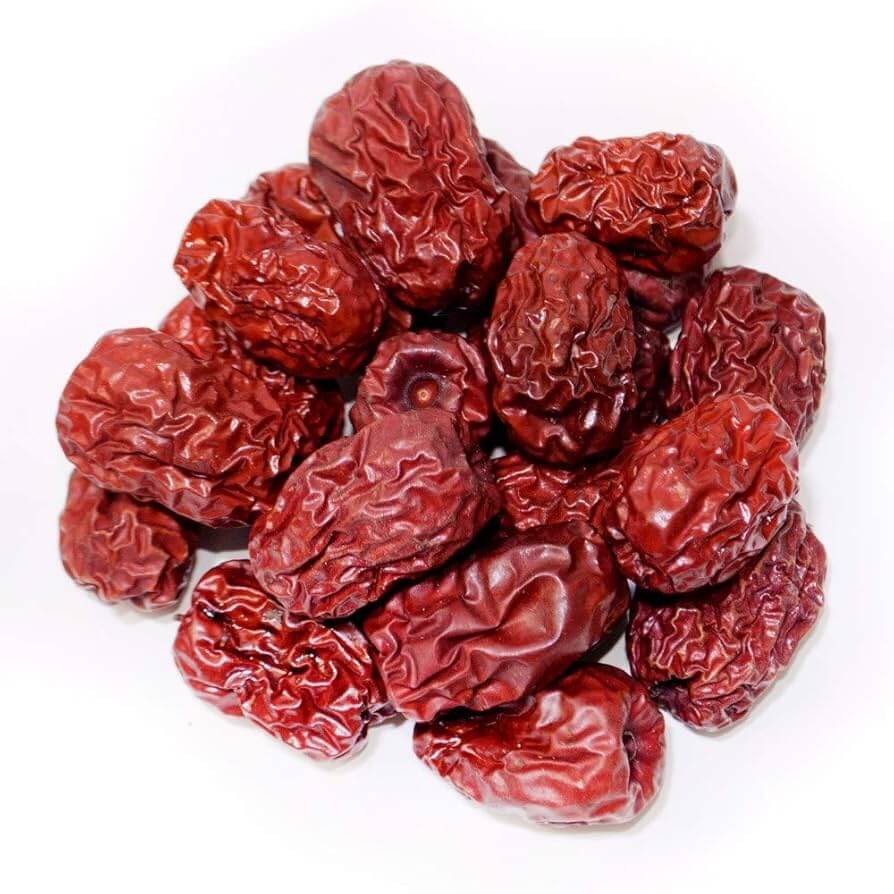
Jujubes are perhaps the most convincing date lookalike. When dried, they turn deep reddish-brown with a wrinkled, leathery skin that’s nearly identical to a dried date. They’re a bit smaller and rounder, but the chewy texture and mild sweetness make them easy to confuse with dates—hence their nickname, “Chinese red dates.” Unlike true dates, jujubes have a slightly spongier texture and are sometimes used in teas and traditional medicine.
2. Dried Prunes (Dried Plums)
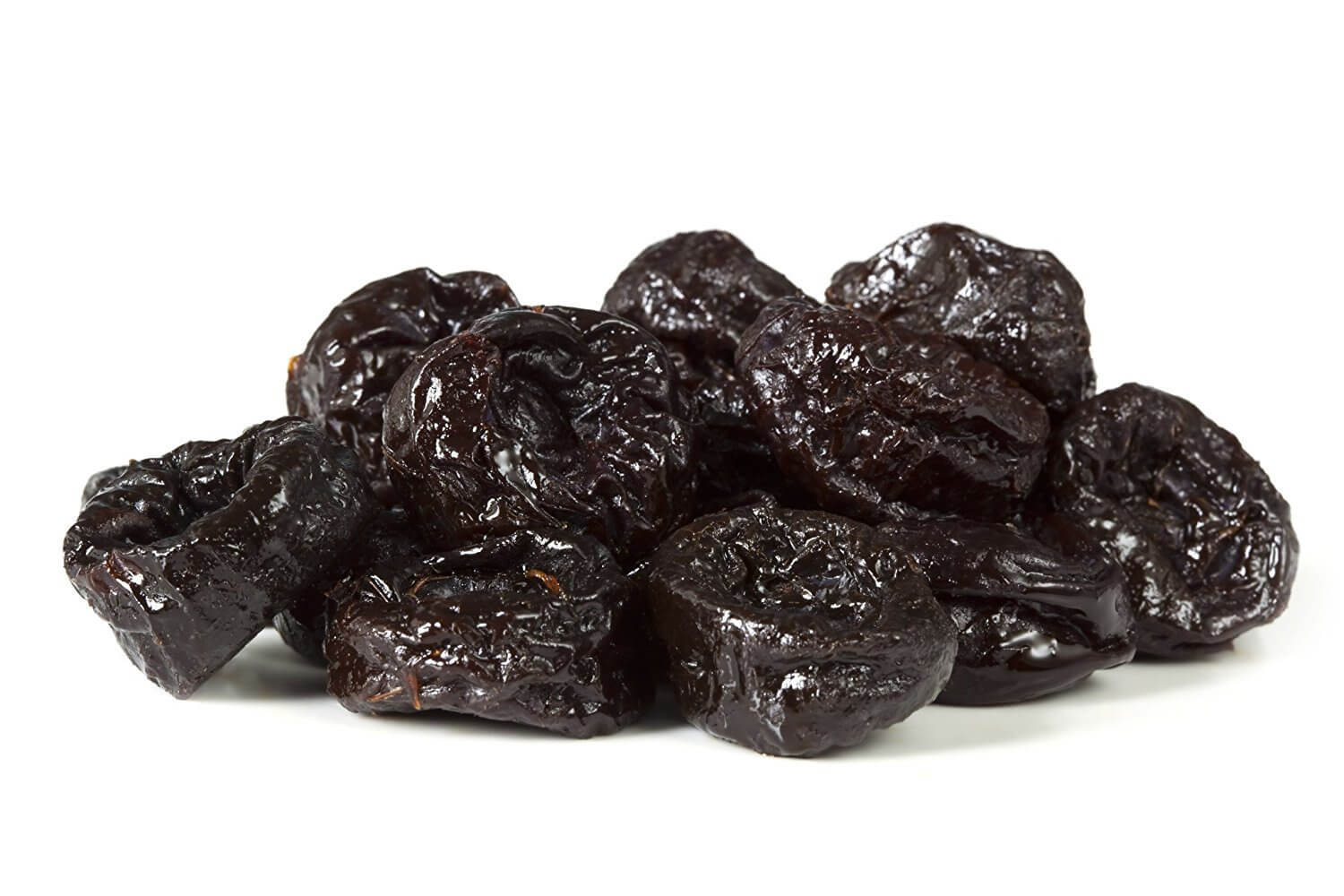
Prunes share the dark, glossy skin and wrinkled surface of dates. They’re often more purple-black than brown, but their soft, sticky flesh and similar size give them a very date-like feel—especially when chopped or cooked. Prunes have a deeper, earthier flavor compared to the syrupy sweetness of dates, and they’re well-known for their digestive benefits thanks to their high fiber and sorbitol content.
3. Dried Figs
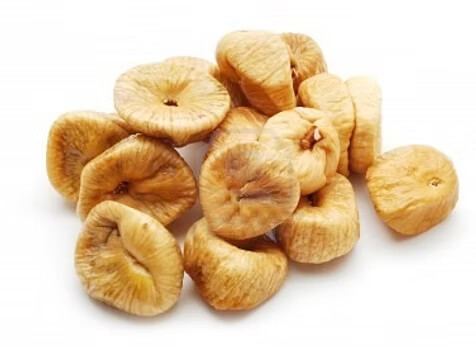
Dried figs can easily be mistaken for flattened dates. Their skin ranges from golden-brown to dark brown and becomes crinkled and leathery when dried. Inside, they have a chewy, sticky texture similar to dates, with a uniquely seedy crunch. While figs are generally rounder and wider, their sugary coating and rich sweetness make them feel very similar in mouthfeel and appearance—especially when sold whole.
4. Dried Longan
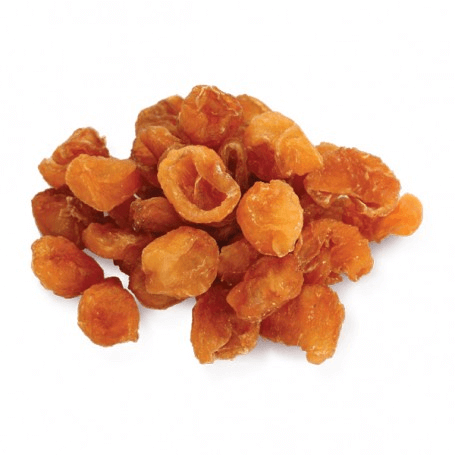
Dried longan is small, round, and brown with a slightly wrinkled skin, which gives it a resemblance to miniature dates. The flesh inside is translucent, sticky, and sweet—similar to dates in texture, but lighter in color. Native to Southeast Asia, longan is often used in soups, teas, and desserts, and is known for its subtle caramel flavor and medicinal use in traditional Chinese remedies.
5. Dried Persimmons

When dried, especially using traditional methods like the Japanese Hoshigaki, persimmons become soft, leathery, and covered in a fine white sugar bloom. Their color ranges from orange to reddish-brown, and their plump, chewy texture mirrors that of large Medjool dates. The flavor is rich and honeyed, with a deeper, molasses-like taste. Their flat shape can give them away, but in terms of sweetness and bite, they’re a very close match.
6. Dried Apricots
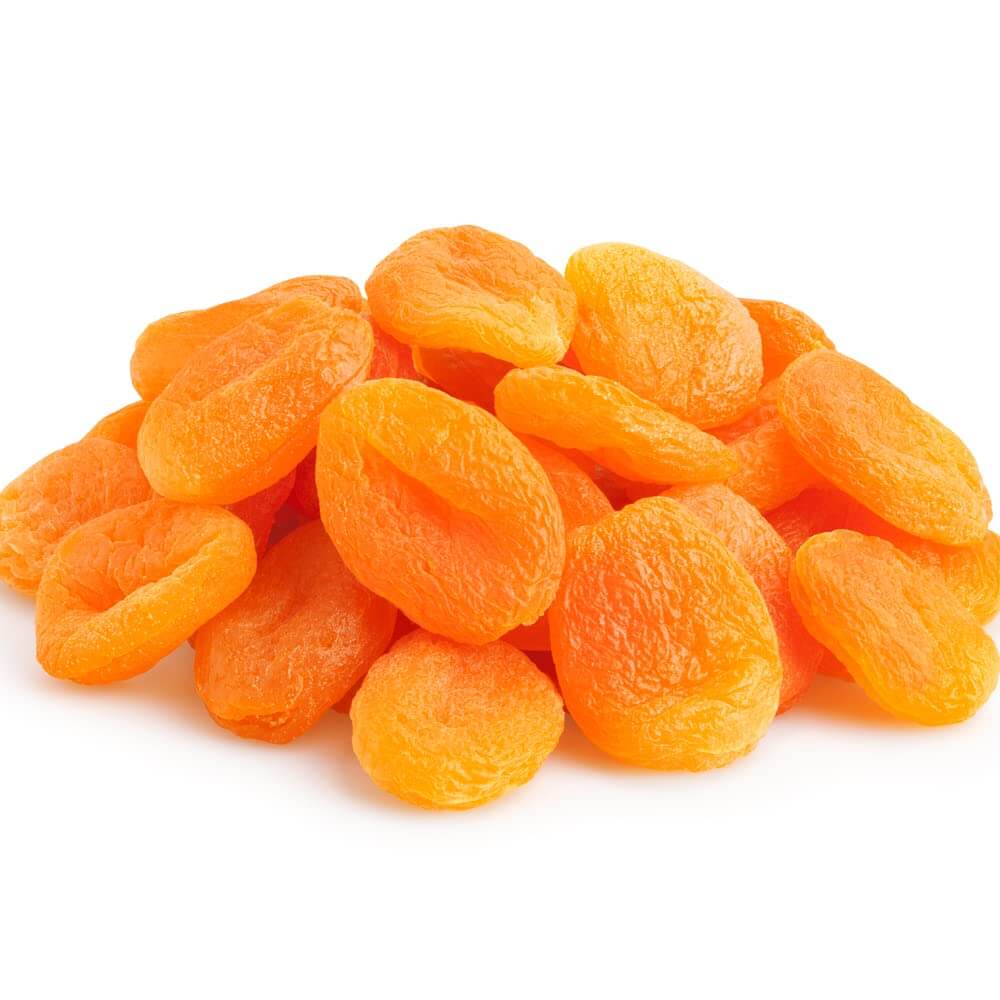
While often lighter in color—typically golden to amber—some varieties of dried apricots darken to a brownish hue, especially if they’re unsulfured or sun-dried. These darker apricots can resemble dates in appearance and texture: soft, pliable, and slightly sticky. They’re tangier than dates, but when chopped up in dishes or energy bars, they’re often hard to tell apart.
7. Raisins
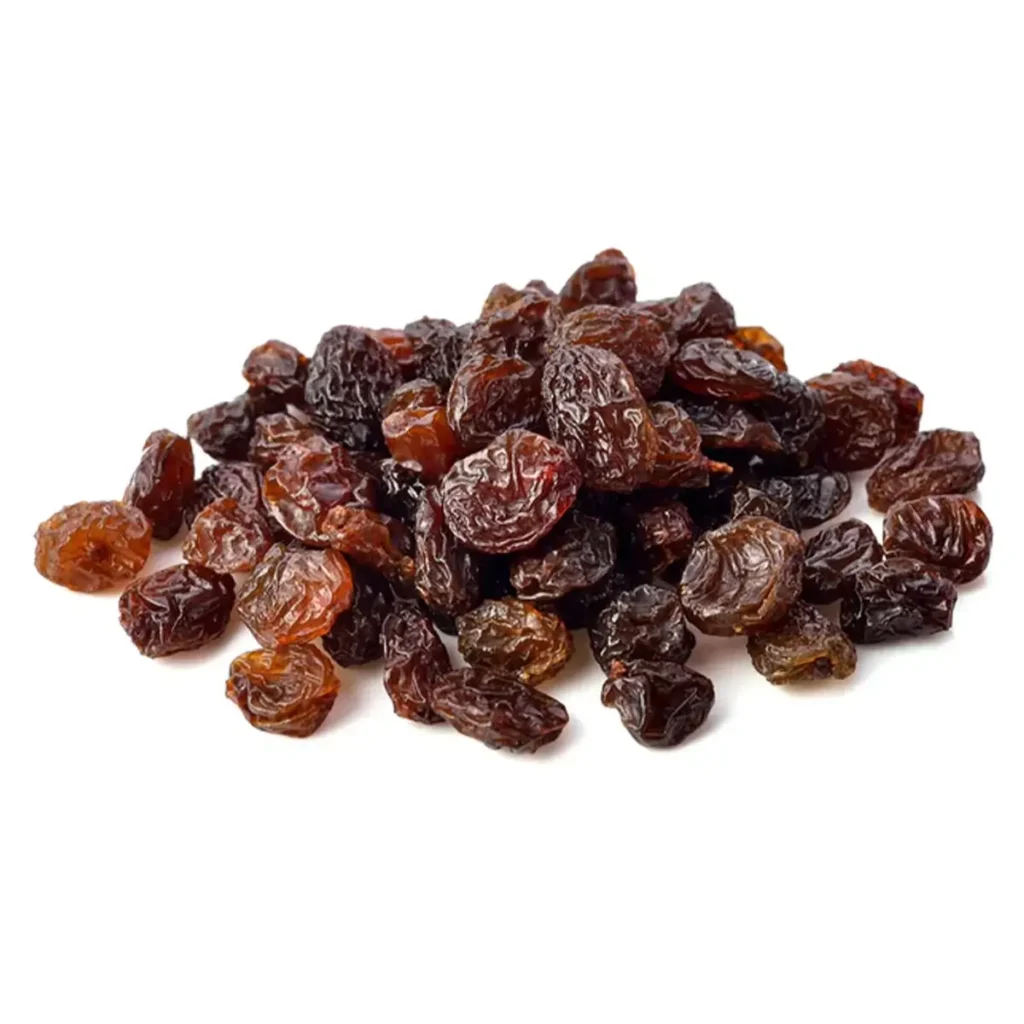
Raisins, especially the large, dark types like Black Corinth or Thompson seedless, look like miniature dates. Their wrinkled, dark skin and chewy texture are very similar, though raisins are much smaller and typically more shriveled. In recipes or mixes, they may be mistaken for chopped dates. Raisins tend to be more intensely sweet and slightly acidic due to their grape origin.
